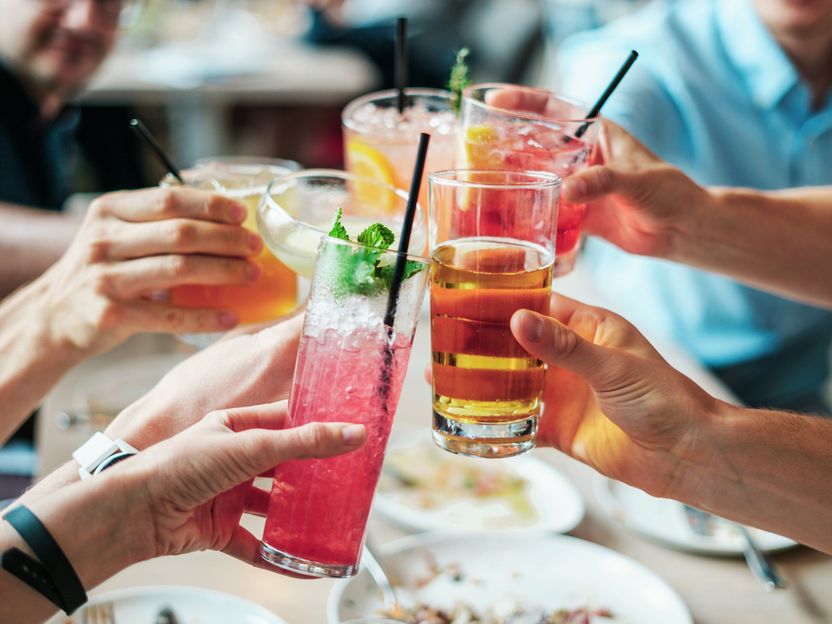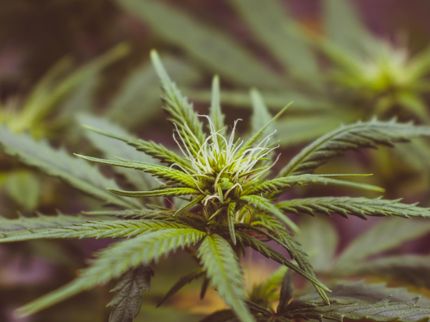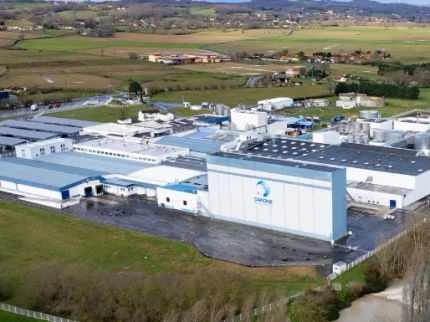5 beverage trends 2018
Advertisement
Jonathan Davison, Beverage Analyst at GlobalData, a leading data and analytics company, identifies the defining beverage market trends in 2018:

pixabay/bridgesward
1. Company diversification
Responding to a game-changing shift in consumer attitudes towards health and wellness, carbonated soft drinks giants looked to protect their volume and value sales through category diversification. Delivering on its promise to become a "total beverage company", Coca-Cola led this trend through a wave of acquisitions across multiple industry sectors, as well as revamping the marketing of Diet Coke and Zero Sugar.
The company also expanded into other categories such as dairy alternatives, increased its energy and juice drinks portfolios and made its presence felt in Foodservice with the £3.9bn acquisition of Costa Coffee.
2. Combatting packaging waste
The strength of consumer demand for sustainable packaging solutions is driven by industry collaboration and company innovation.
Over 106 brands signed up to the UK's 'Plastic Pact', while PepsiCo joined Nestle, Danone and Origin Materials in the NaturALL Bottle Alliance. When asked about the effect of a tax on plastic products, *79% of global consumers indicated their shopping behaviour would change. In the UK, Government and industry have reflected this sentiment in a number of actions this year.
The Gov’t continues its consultation on a UK wide deposit return scheme (DSR) for drinks containers. Starbucks introduced a 'latte levy' of 5p on single-use paper cups, Carlsberg launched its pioneering 'snap packs' solution to bond packs of multiple cans together without using plastic rings and a number of resealable and recyclable can innovations have been launched.
3. Cannabis-infused drinks
Functional beverages continue to play an important role in the beverages market with the perceived health benefits of cannabidiol (CBD) driving a surge of interest amongst young consumers in 2018.
This emerging sub-category has caught the attention of the biggest players in the market. Constellation Brands and Molson Coors made significant investments in August and both Coca-Cola and PepsiCo are keeping a watching brief on developments.
4. Blossoming plant-based sub-category
Vegans and vegetarians make up just *7% of the world's population so it is significant that attitudes to plant-based drinks from non-vegetarians shifted markedly in 2018, as the multi-layered benefits of these drinks became more apparent. The growing consumer interest in this sub-category has taken it mainstream, with market volumes set to increase by **5% in 2018.
Key developments in 2018 included Coca-Cola’s relaunch of its dairy-free smoothie brand AdeZ and the introduction of a range of plant-based milks under its Innocent brand, together with new launches from Starbucks and PepsiCo.
5. Individualism and self-tailoring
GlobalData's latest report, ‘‘TrendSights Overview: Individualism & Expression - Exploring the impact the Individualism & Expression mega-trend has on innovation across the FMCG space, 2018”, reveals that consumers are looking for more bespoke, individual experiences, with 61% of global consumers expressing an interest in creating their own products.
In the crisps market, Walkers’ ‘Salt 'n' Shake’ provides a good example of how well this concept can work and some soft drinks brands are now including similar options for customization. Kolibri Drinks launched of a range of botanical products this year which allow consumers to tailor the flavour and sugar content themselves, by using a syrup-based sweetener stored in the cap. This concept could be widely adopted by ready-to-drink (RTD) formats, providing consumers with more choice by offering customisation with convenience.
__________
‘*’ Source: GlobalData 2018 Q3 global consumer survey.
‘**’ Source: GlobalData



























































